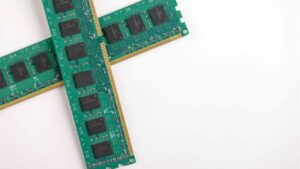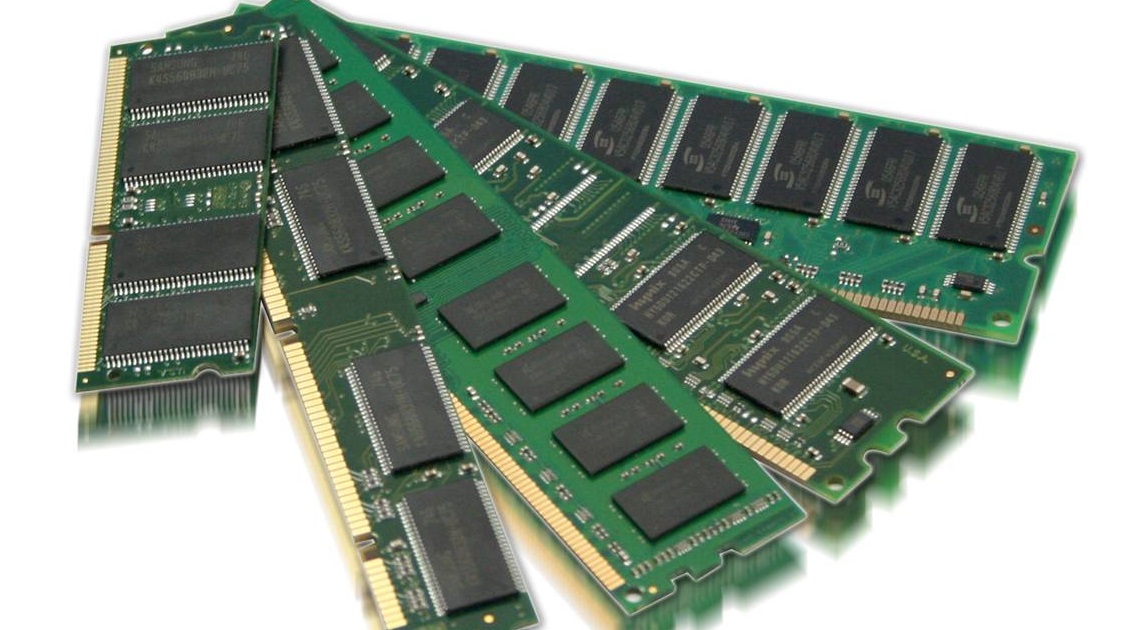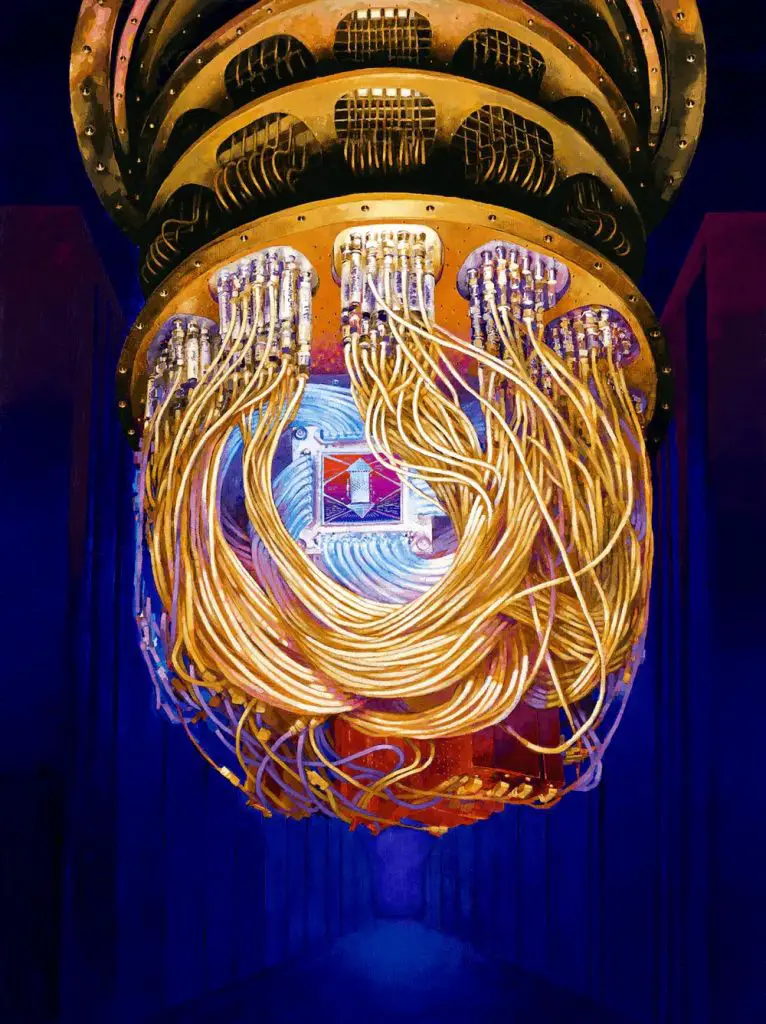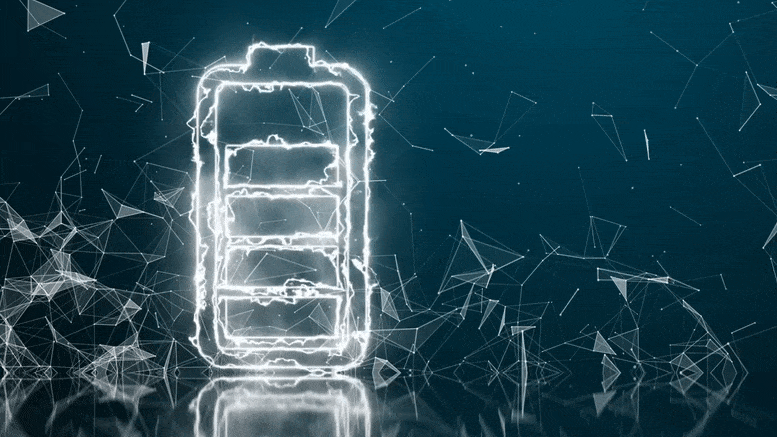Many people mistakenly believe that more is better when it comes to memory. Once you have enough, then having a lot more does not help. Money invested in excess memory capacity could have been better used in upgrades elsewhere. One disadvantage of memory is the risk of bad memory increases as the amount of memory increases. If the risk of having a bad memory cell is 1 in 12,000,000,000,000 and you have 12GB then you have a 10% risk of having bad memory. Cutting you memory to 6GB will cut your risk in half.

Using so much memory that it fills up all available memory slots will increase the temperature that memory operates due to reduced cooling. Increased space between the sticks of memory due to every other slot being empty will reduce your risk of memory problems. The latency (response lag time) of memory is dependent on two factors 1) The operating frequency, and 2) the memory timings (CAS settings). Memory timings relate to how long it will take to recharge the memory cells. If not for constant recharging, memory would forget everything is less than 1/1,000 of a second. The memory timings determine how many clock cycles will be allotted to each step of the recharge process. While recharging, the memory can’t respond to a request for information.
Memory response times vary from as low as 48ns to over 100ns and is a function of both the timings and the frequency of the memory. Lower latency memory will have a noticeable effect on how fast the computer “feels” and processes information. Higher latency memory will hold back the processor, slowing down everything. Memory is easily tested with Everest. The best tests we have found are on the Falcon F-35X/F-52X at 48ns. Many different vendors make memory. Corsair and Kingston make a wide rage of memory and have large market shares, but many of their memory modules are the cheaper lower performance units. Samsung makes very reliable low performance memory. Some discount memory manufacturers make very poor memory at low pries. There are a small number of high performance memory makers including Mishkin, Patriot, and Crucial.




